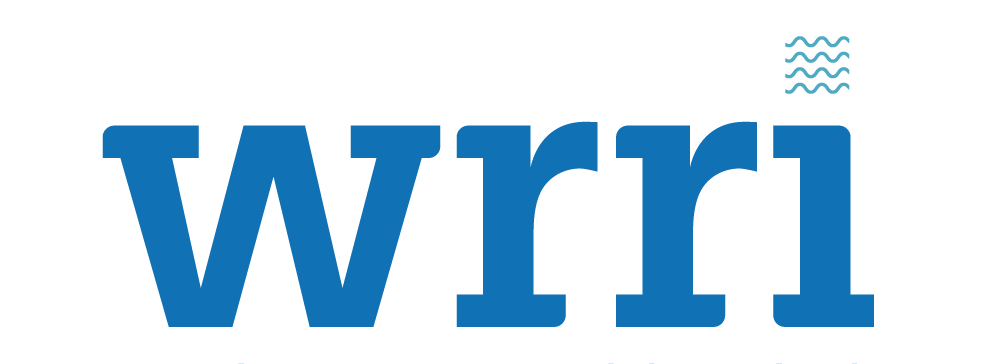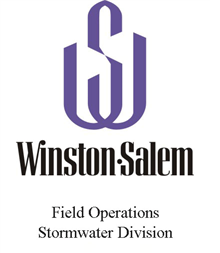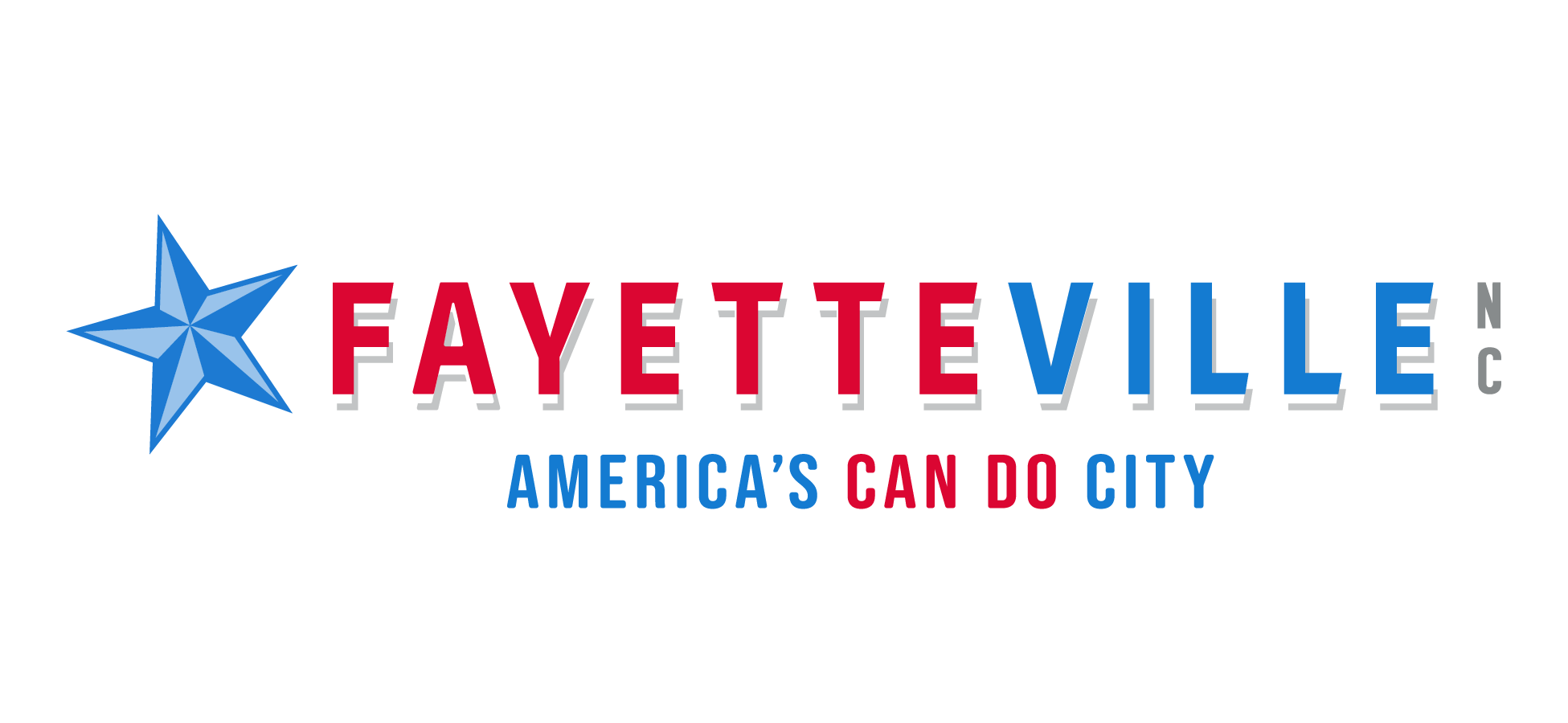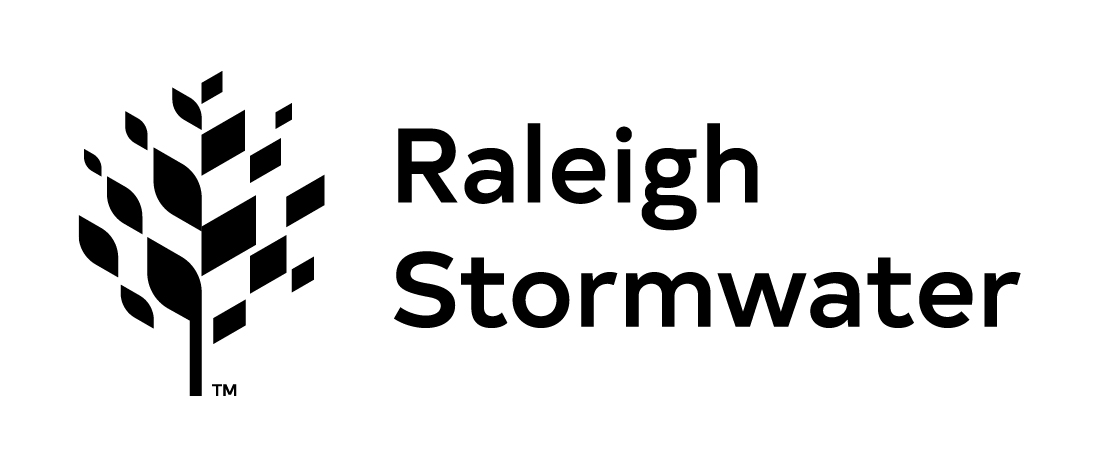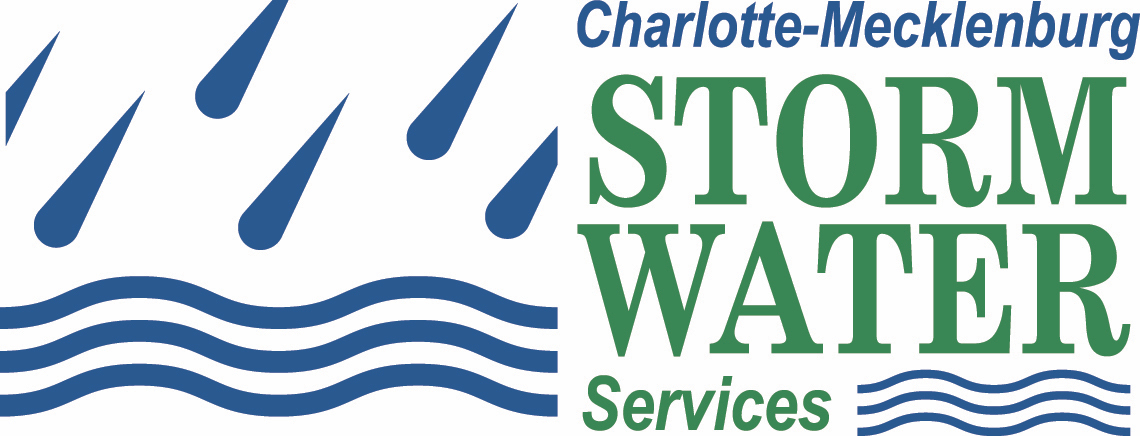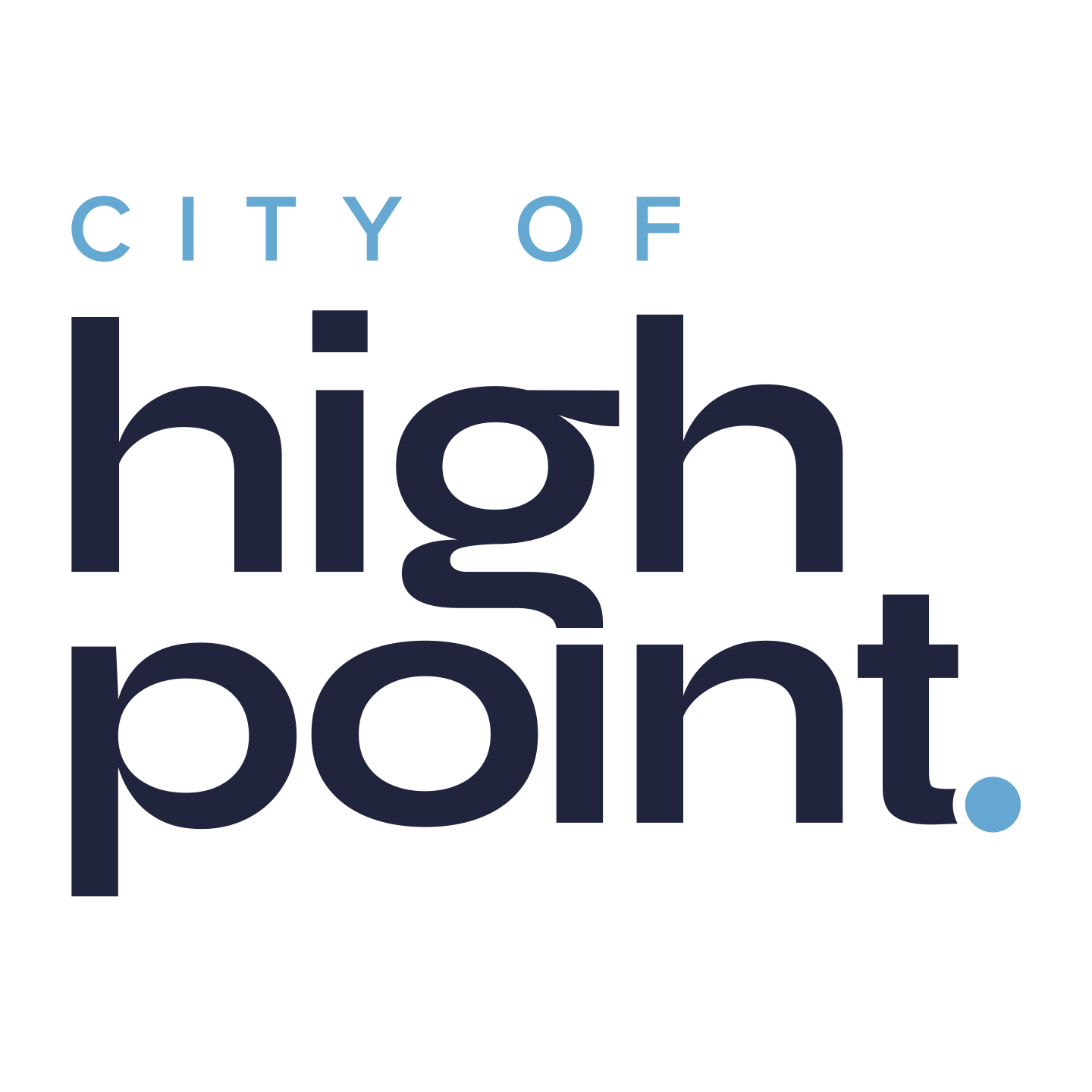
Stormwater Consortium
The Stormwater Consortium (SWC), formed in 1998, is a subgroup of the Urban Water Consortium (UWC) for municipalities with Phase I or Phase II National Pollutant Discharge Elimination System (NPDES) permits. Today, stormwater managers from 8 municipalities across North Carolina are members of the SWC. The SWC meets quarterly and sponsors research and technology transfer on urban stormwater and management issues. WRRI serves as the main facilitator, arranging quarterly meetings and providing grant administration and management for research projects supported by the Consortium.
Operations
Members contribute annual dues that are used to support scientific research, information sharing, and technology transfer related to varying needs, including understanding best management practices, protecting water quality, adapting to changing regulations, and predicting or reducing flooding and streambank erosion.
Members benefit from opportunities to share, learn, and discuss common concerns through quarterly meetings to advance stormwater management practices and MS4 permit compliance across the state. The SWC considers research proposals that are submitted as part of WRRI’s recurring Request for Proposals (RFP) and proposals developed in collaboration with the SWC.
Research Priorities
The SWC’s research priorities fall into the following categories, though the group will consider research proposals on other stormwater issues of importance in North Carolina.
Operational Research and Infrastructure Asset Management
- Economic assessment of stormwater rates across NC. Are utilities breaking even compared to increased cost and implementation needs, can populations even afford a rate increase, and what alternatives can be explored?
- What innovative techniques can be used to identify pollution sources (nutrients, pathogens, sediment, etc.) through outfall screening?
- How do changing precipitation patterns impact stormwater control devices, both for existing structures and in the design for new systems? Consider water quality as well as quantity. Is the storm size design standard still appropriate?
Pollutant Removal Processes and Credits
- How does the benefit of various stormwater control techniques, in terms of pollutants removed and flooding mitigated, compare in the long term against the upfront cost to install the device? Are they providing the return we think they are?
- How should pollutant removal credits be determined and evaluated for stormwater control measures (SCMs), stream restoration practices, and other management practices?
- Are there practices not being considered for the SNAP tool that need to be investigated that could result in credits, such as land conservation and others?
- How could North Carolina consider generating credits for urban buffers (non-agriculture) and tree-plantings. What is the nutrient removal and water quality benefit of these practices?
- What methodology can be used to develop nutrient reduction credits for practices like loose leaf collection and/or yard waste management, streambank restoration, and/or streambank stabilization?
Impervious Cover Impacts & Mitigation
- How can we quantifiably mitigate the effects of impervious cover on water quality and aquatic life in different stream settings and stormwater systems?
- What realistic management measures (including stream restoration practices, riparian buffers, floodplain-stream reconnection, and stream channel protection volume) exist or can be further evaluated to address effects of impervious cover?
- How can watershed restoration activities be implemented to achieve aquatic life passage and macroinvertebrate recovery and recolonization?
Green Stormwater Infrastructure & Nature Based Solutions
- How do the lifecycle costs and benefits of green stormwater infrastructure (GSI) compare to conventional development in new, retrofit, and redevelopment applications, particularly regarding GSI for stormwater treatment?
- What are the short-term and long-term implementation and maintenance cost and benefits of green stormwater infrastructure for developers, municipalities, communities, and individuals compared to that of conventional stormwater control measures (SCMs)?
- What is the short-term and long-term effectiveness of GSI, specifically as related to stormwater treatment, costs and benefits, and water quality improvement? How can GSI be encouraged and incentivized in North Carolina?
- What are the best practices to mitigating urban heat island, with increased tree canopy and/or GSI, and how can this be done in NC? Can this relate to carbon sequestration?
- What is the interaction of surface and groundwater in stream restoration and where is the hyporheic zone? Is there a flood mitigation benefit to these projects? Does floodplain reconnection offset larger storms?
- How do different soil types affect the infiltration capacity of green stormwater infrastructure? How much of an impact will this have to offset urbanization?
Education and Behavior Change
- What are the best and most cost-effective practices to educate the public and homeowners about stormwater issues and actions that can result in long-term behavior changes to reduce pollution. How can this translate to a TMDL reduction? Consider behavior changes such as reducing fertilizer application, managing yard waste, picking up pet waste, etc.
- What are the best and most cost-effective practices to educate small businesses (i.e. auto repair shops, etc.) and multi-family communities about stormwater issues and actions that can result in long-term behavior changes to reduce pollution. How can this translate to a TMDL reduction?
Comprehensive List
To view a comprehensive list of projects funded by the SWC, please visit the WRRI technical reports repository where all final project reports are housed. Type “Stormwater” in the “Search for” box.
Members
Contact
To contact the SWC, email Kaitlin Tucker, WRRI coordinator for research and engagement: ktucker@ncsu.edu
